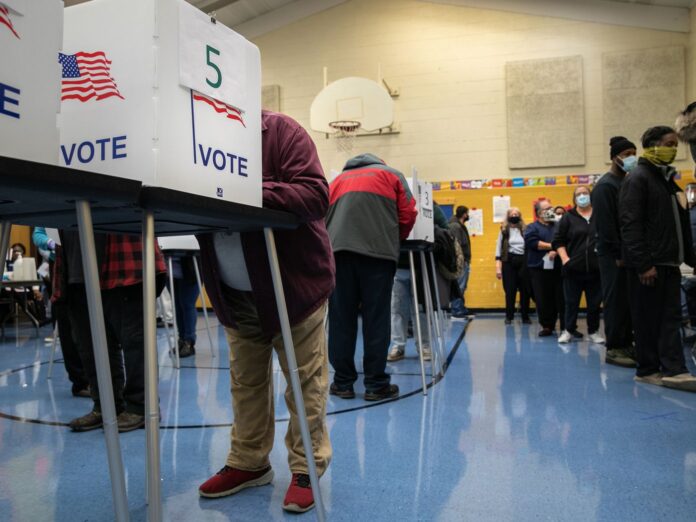The outcomes of the 2020 US election surprised many, leaving them to sort through the facts and try to understand what caused the results. A closer examination of American politics and society reveals that there is far more nuance in voter behavior than most people realize.
The voting populace of our country is composed of a complicated web of politically heated concerns, cultural settings, and psychological factors. Even when polls predict one outcome, Americans frequently astound us by making choices based on their own particular standards. Because of this complexity, any attempt to explain the outcome must include all relevant elements before making any judgments about who and why people voted the way they did.
While developing an explanation for the unexpected 2020 election result, there are numerous ways to make sense of these complex dynamics. First and foremost, it’s crucial to wait before coming up with a conclusion or making an assumption about what transpired. When seeking solutions, it is also useful to use Occam’s Razor, which states that the simplest solution is usually the most accurate, and to exercise caution when comparing figures that may not correctly reflect actual problems. The intricacy of voter behavior must also be understood because no two people will ever vote exactly the same way in a given electorate or even within their own party.
Since we can’t know for sure what was going through each voter’s mind when they cast their ballot, we can only make educated guesses on what caused the 2020 election results. But as we continue to examine this last election and any going forward, it is crucial to keep in mind that underneath general news coverage and statistical data lie a mosaic of real people whose choices impact our country’s future.



